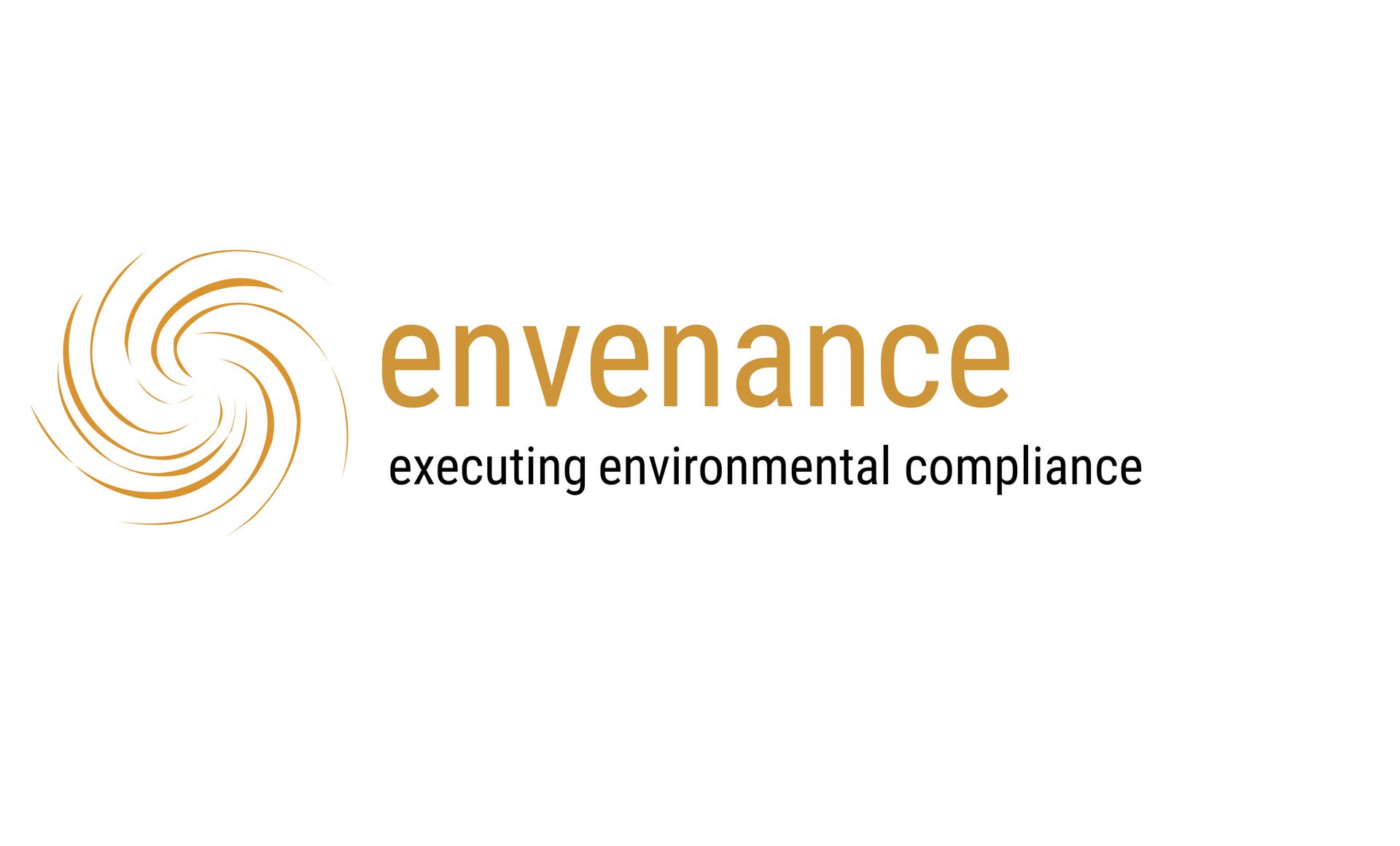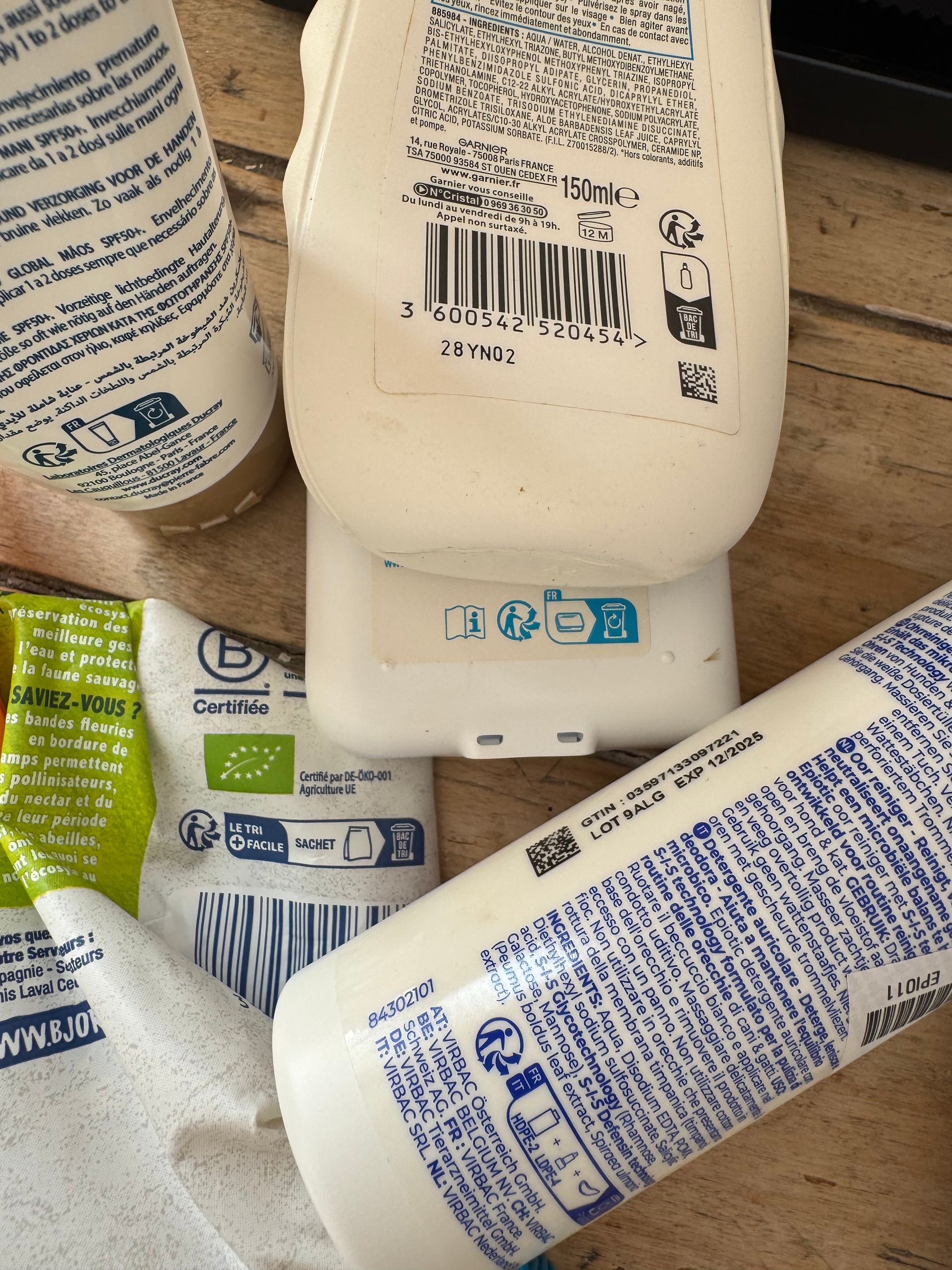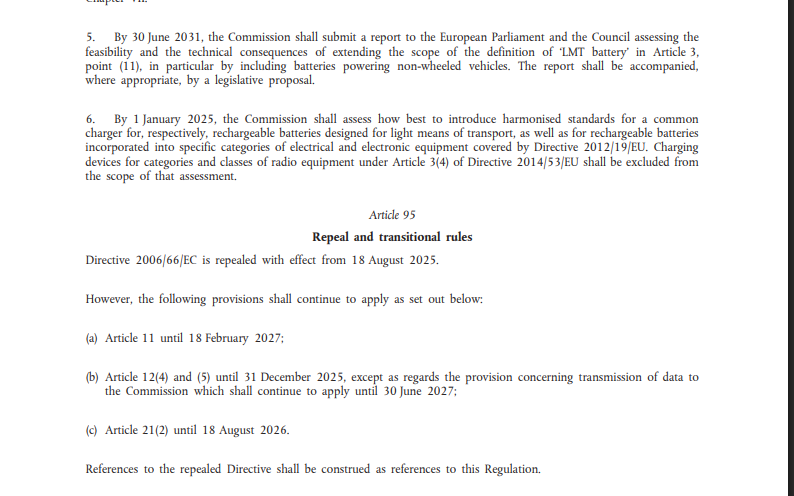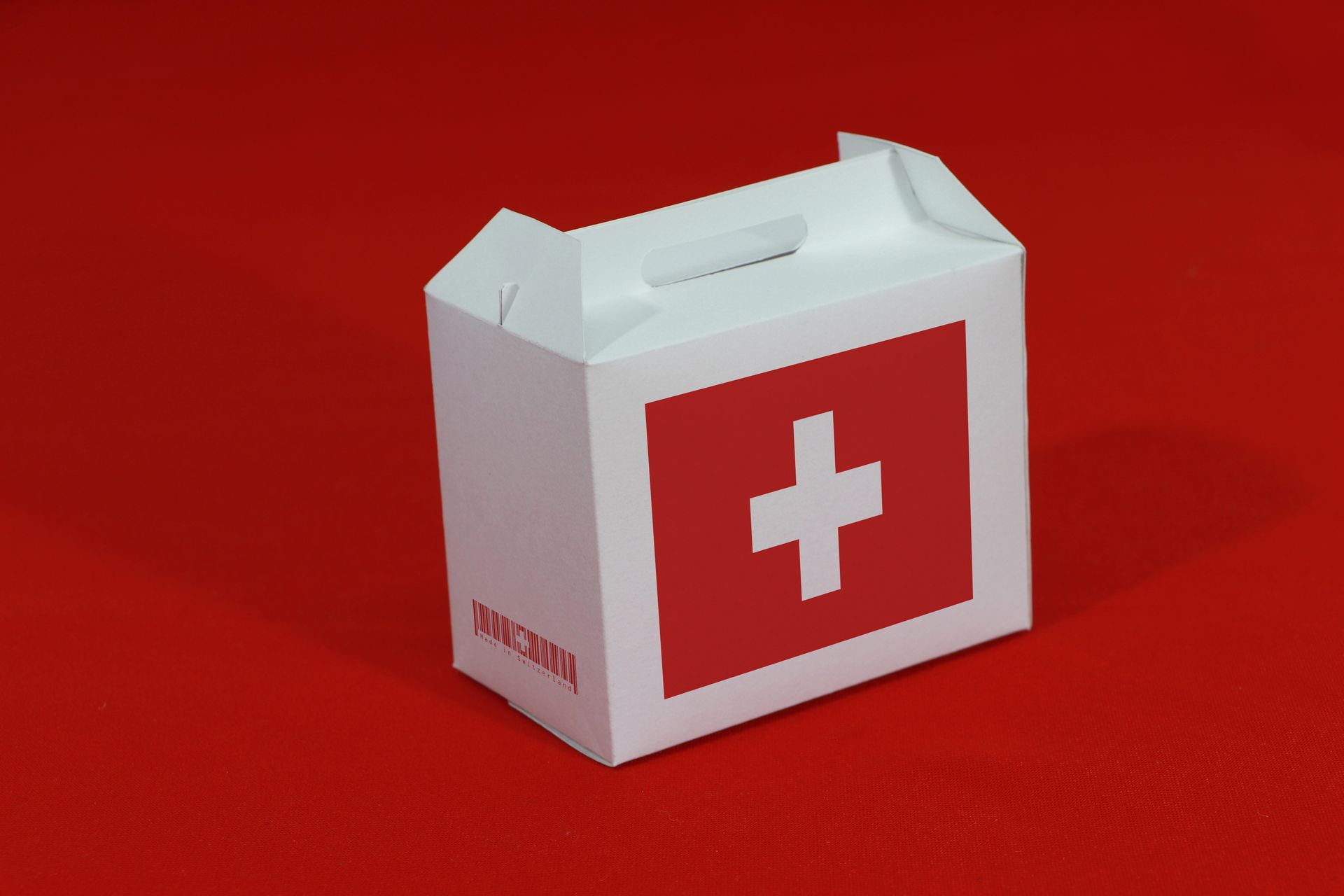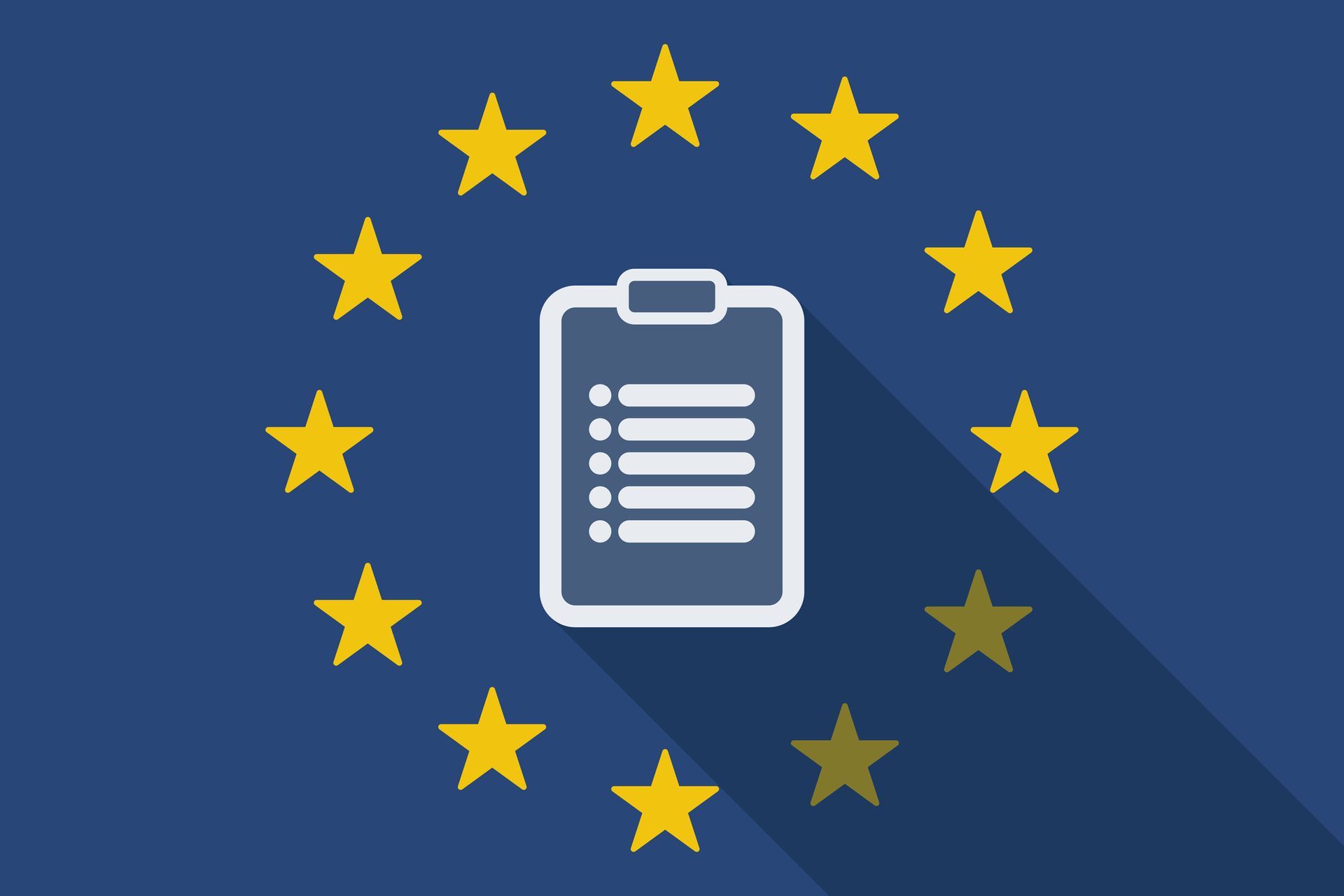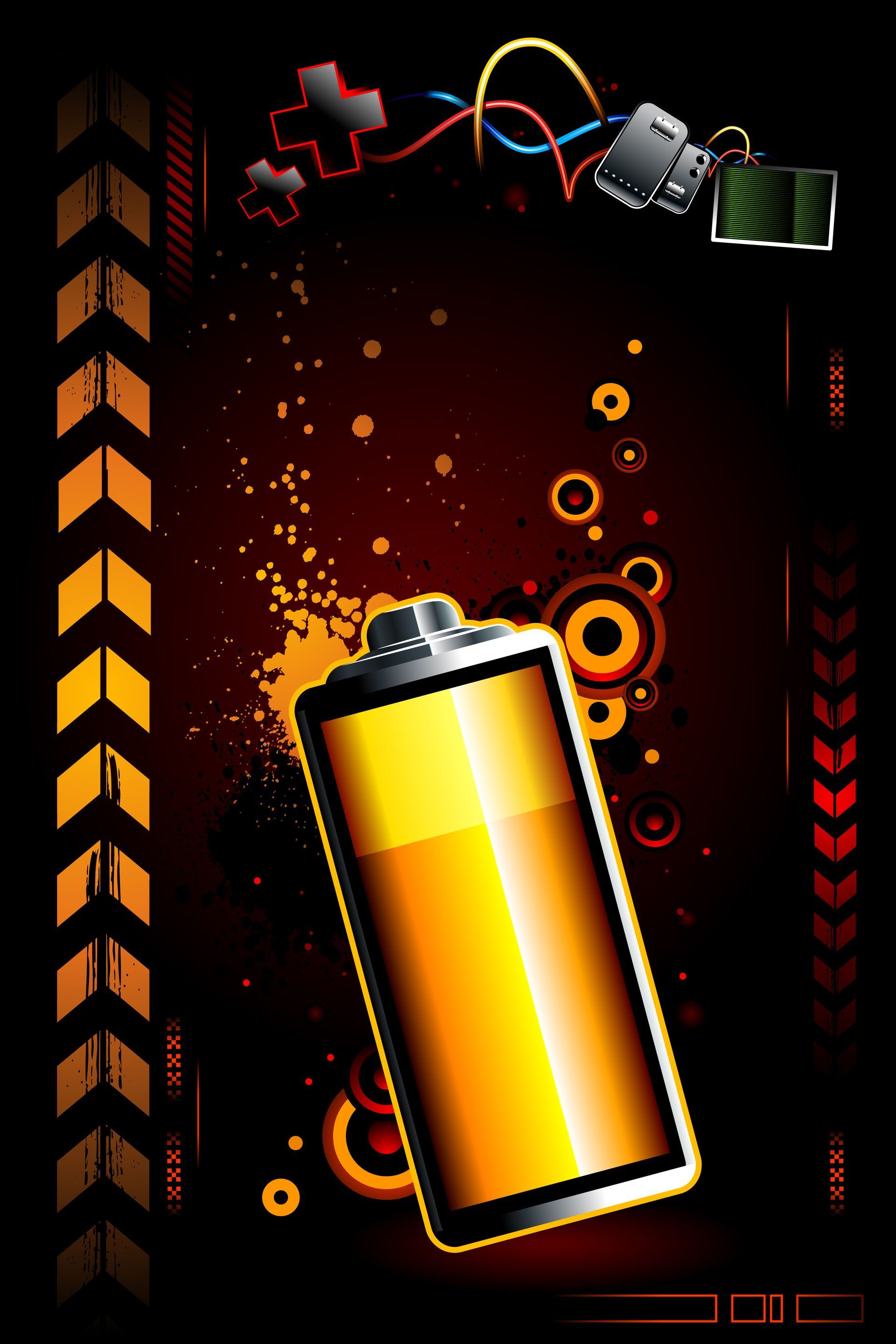Summer Update upon European EPR
envenance on compliance.
As summer 2025 progresses, the European Extended Producer Responsibility (EPR) landscape continues to evolve rapidly. This year has already brought major developments across Waste Electrical and Electronic Equipment (WEEE), Batteries, and Packaging compliance. Below, we summarise the most significant changes so far and the milestones producers must prepare for as we move toward the end of the year.
1. Omnibus Initiatives and Legislative Momentum
2025 is shaping up as a year of regulatory consolidation in Europe, with the EU pushing forward multiple “omnibus” initiatives to streamline EPR rules and align them across member states. The overarching goal is to simplify compliance, enhance enforcement, and close loopholes that undermine the effectiveness of EPR schemes.
2. WEEE Directive Evaluation
In July 2025, the European Commission published the results of its evaluation of the WEEE Directive 2021/19/EU. While the Directive has increased awareness of e-waste management, the findings were sobering:
- Insufficient Collection Rates – Current collection targets remain unmet in most member states, with only a fraction of generated e-waste entering official channels.
- Poor Recycling Standards – Treatment quality is inconsistent, with low recovery rates for critical raw materials.
- Weak Enforcement of EPR Obligations – Inadequate oversight and fragmented national approaches allow non-compliant actors to operate without consequence.
These shortcomings are expected to fuel a revision of the WEEE Directive under the upcoming Circular Economy Act, with stronger enforcement and harmonisation measures on the horizon.
3. Batteries Regulation – Key Enforcement Deadlines
The new EU Batteries Regulation (EU) 2023/1542 will reach a critical milestone on 18 August 2025:
- New Battery Categories in Scope – Portable, industrial, electric vehicle, light means of transport (LMT), and SLI batteries all explicitly covered.
- Mandatory Labelling Requirements – From this date, all batteries placed on the EU market must carry updated labels covering essential information such as capacity, chemistry, and separate collection marking.
- Due Diligence Obligations Deferred – While traceability and supply chain checks remain central to the Regulation, the full due diligence requirement has been postponed to allow industry more time to prepare.
In parallel, the European Commission has launched a consultation on a standardised reporting format, with a feedback deadline of 11 August 2025. This format will eventually harmonise how producers report placed-on-market, collection, and recycling data across the EU.
4. Packaging & Packaging Waste Regulation (PPWR) and National Packaging Rules
The PPWR (EU) 2025/40 officially entered into force earlier this year, introducing harmonised rules across all EU member states. At the same time, national requirements have intensified:
- Spain & Portugal – Sorting instructions are now mandatory on household packaging, guiding consumers on proper disposal.
- Denmark – Registration obligations require producers to list in the national packaging register before placing packaging on the market.
- France – Since 1 January 2025, large companies must display the environmental characteristics of their packaging, such as recyclability and recycled content.
- Switzerland – Although not an EU member, it is moving to close the packaging EPR gap, with a final government decision expected by 16 October 2025.
5. What Producers Should Do Now
These changes highlight the urgency for producers to monitor developments and prepare for compliance across all three EPR streams:
- Stay ahead of deadlines – Especially for the 18 August 2025 battery labelling and scope changes.
- Adjust packaging – To meet PPWR and national labelling/registration obligations.
- Review e-waste processes – In light of the WEEE evaluation, anticipate stricter enforcement in the coming years.
At envenance, we help businesses navigate these complex and fast-changing rules, ensuring compliance in WEEE, Batteries, and Packaging EPR. Contact us!





